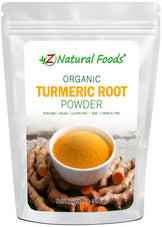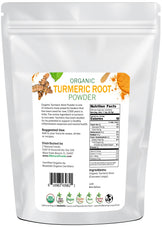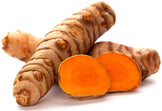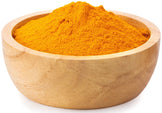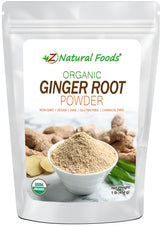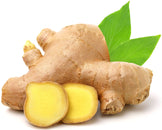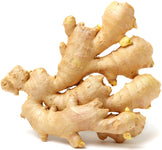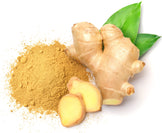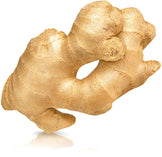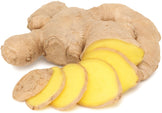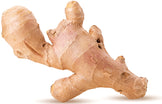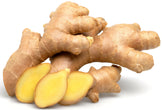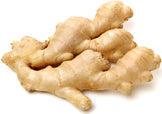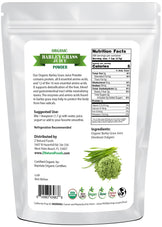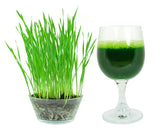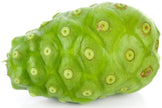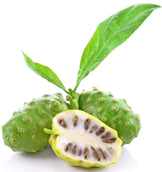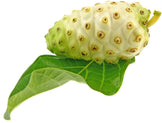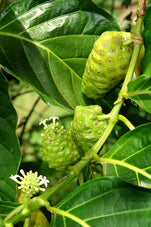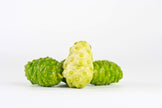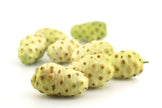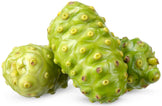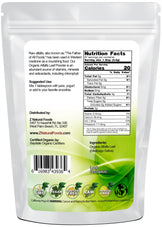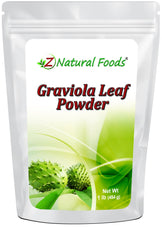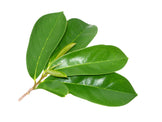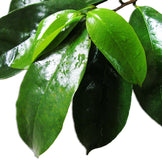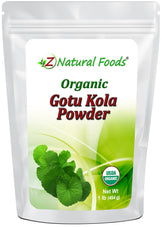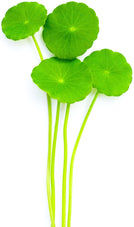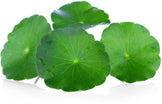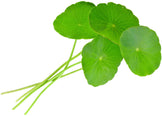Arthritis

In Western medicine, arthritis is categorized as an autoimmune condition characterized by inflammation or degeneration affecting one or more joints, commonly managed through anti-inflammatory medications and immunosuppressants (Smolen et al., 2016, Lancet). This definition contrasts with the perspective offered by Traditional Chinese Medicine (TCM), which posits that arthritis often originates from patterns of disharmony, such as kidney yang deficiency (Liu et al., 2015, Journal of Ethnopharmacology). In TCM, yang is conceptualized as the force providing warmth, while the kidneys are understood to "govern" the bones, joints, and ligaments (Chen et al., 2017, Chinese Medicine). The TCM approach to arthritis thereby focuses on restoring balance to the kidney yang, using modalities like acupuncture or herbal formulations to address underlying imbalances (Coyle et al., 2013, Rheumatology International). Hence, while Western medicine aims for symptomatic relief through pharmacological interventions, TCM seeks to address the underlying imbalances contributing to the manifestation of arthritis.

Categorieswhen you select any items page will be refresh and focus will be move out of the page
Health Concerns
Turmeric Root Powder - Organic
Turmeric, a member of the ginger family, is native to India and one of humankind's oldest spices. It has been used for centurie...
Current price$10.99
Ginger Root Powder - Organic
Organic Ginger Root powder is derived from the root of the ginger plant, a perennial flowering plant native to Southeast Asia. ...
Current price$13.99
Cinnamon Powder (Cassia) - Organic
Cassia Cinnamon powder is derived from the inner bark of the cassia tree, which is native to Southeast Asia. It has been used f...
Current price$11.99
Barley Grass Juice Powder - Organic
Barley grass is a type of grass that is part of the barley plant and has been used by humans for thousands of years. It is nat...
Current price$34.99
Noni Fruit Powder - Organic
Noni fruit is believed to have originated in Southeast Asia and has been used for centuries by the aboriginal people of the reg...
Current price$16.99
Alfalfa Leaf Powder - Organic
Organic Alfalfa Leaf Powder, taxonomically identified as Medicago sativa, is a phytonutrient-rich botanical with an extensive h...
Current price$14.99
Mangosteen Fruit Powder - Organic
Mangosteen is a tropical fruit native to Southeast Asia known for its sweet and tangy flesh. It has been used for its medicina...
Current price$32.99
Graviola Leaf Powder (Soursop)
Graviola leaf, also known as Soursop, has been used traditionally by indigenous populations in South America for centuries to s...
Current price$19.99
Alfalfa Juice Powder - Organic
Alfalfa juice powder is derived from the alfalfa plant, which has a long history of cultivation and use. The plant is native to...
Current price$34.99
Mulberry Fruit Powder
Mulberry fruit powder has been used since ancient times as a traditional food in many cultures. The mulberry tree is native to ...
Current price$29.99
Gotu Kola Powder - Organic
Gotu kola, also known as Centella Asiatica, is a perennial herb native to India, China, Indonesia, South Africa, and other part...
Current price$24.99
Tart Cherry Powder - Freeze Dried
Freeze-dried Tart Cherry powder comes from Organic sour cherries, a Prunus species native to Europe and North America. The smal...
Current price$59.99
Feel Better. Look Better. Be Better.
Get on the list for actionable Health & Nutrition advice every week.

